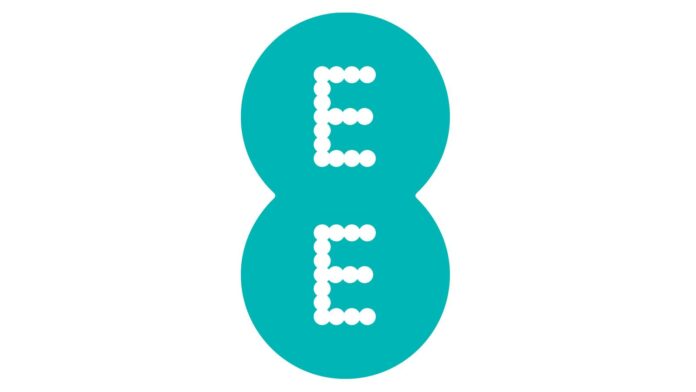After looking into buying Telefonica’s O2, BT announced it has entered into exclusive talks to buy mobile operator EE for $19.6 billion. If successful, the deal would combine the U.K.’s largest fixed-line provider with its largest mobile network operator.
Part of the proposed purchase includes shares in BT, so EE’s joint owners, Deutsche Telekom and Orange, could walk away a BT stake of 12% and 4%, respectively.
“We firmly believe that convergence is the future of telecommunications in Europe,” Thomas Dannenfeldt, board chair of EE and CFO of Deutsche Telekom, said in a statement. “Customers want fixed-mobile converged services from a single provider. The proposed transaction with BT offers the chance to further develop our superbly positioned mobile business engagement in the U.K. and to take part in the outstanding opportunities of an integrated business model.”
The exclusive negotiations are expected to take several weeks. The deal is subject to approval by the European competition authorities. Ovum analysts Matt Howett and James Robinson pointed out that they believe the deal is likely to be approved, but probably with concessions. “From a commercial perspective, the firms are largely complimentary as the U.K. market moves toward quad-play,” the analysts said, comparing the move to Vodafone’s deals to buy the cable companies Ono in Spain and Kabel Deutschland in Germany.
“Competition issues would be more relevant if Hutchison Three turned their attention to acquiring O2, as some reports have indicated they were considering,” Howett and Robinson said. “This would see a change in the number of operators, something (U.K. telecom regulator) Ofcom has fought tirelessly to preserve.”
BT had also looked at buying Telefónica’s O2, a company it had once owned but spun off in 2001. Now as BT instead focuses on EE, Telefónica is left without a way out of its large net debt of $56 billion, as Bloomberg noted. The Ovum analysts also predict that O2 would be “the biggest loser” if BT succeeds in buying EE, since it would then have to compete against convergent rivals BT, Virgin and Vodafone.
More telecom news from Europe, the Middle East and Africa:
Orange boasts world’s first live LTE-Advanced FDD trial in 3.4-3.6 Ghz band. Working with Ericsson, the French telco Orange, successfully used the 3.4-3.6 GHz frequencies for testing data speeds, coverage and FDD carrier aggregation. The live trial achieved a data throughput speed of 150 Mbps up to 700 meters in the 3.5 GHz band when used alone and reached speeds of 300 Mbps when used in aggregation with the 2.6 GHz band.
Poland’s P4 is offering LTE roaming on BICS IPX platform. The Polish operator and BICS, a global wholesale carrier, have extended their partnership to include LTE roaming. Under the latest agreement, P4 customers can access 4G/LTE services while traveling and, conversely, users visiting Poland can use P4’s network.
France’s Iliad includes roaming in Spain under its Free Mobile Plan (PDF). Iliad customers who have been signed up for at least 60 days can now also use their plan in Spain for up to 35 days at no extra cost.
Notably, both of these new roaming offers come ahead of troubled efforts by the European Commission to end all roaming fees within the entire European Union by 2016.
Ethio Telecom taps Ericsson to transform its network in Ethiopia. Under a new agreement, Ericsson will provide equipment and services to add capacity and improve the performance of Ethio Telecom’s 2G/3G network.
Want to know more? Check out our EMEA coverage, and follow me on Twitter!

